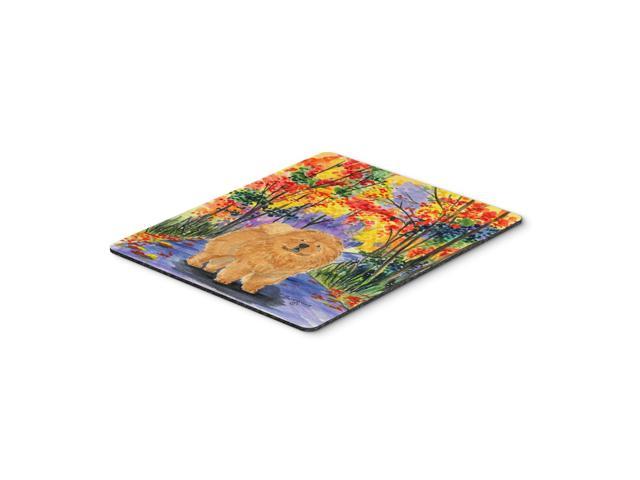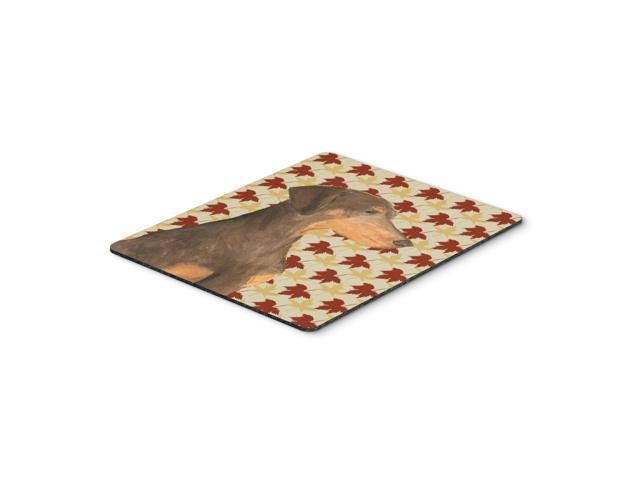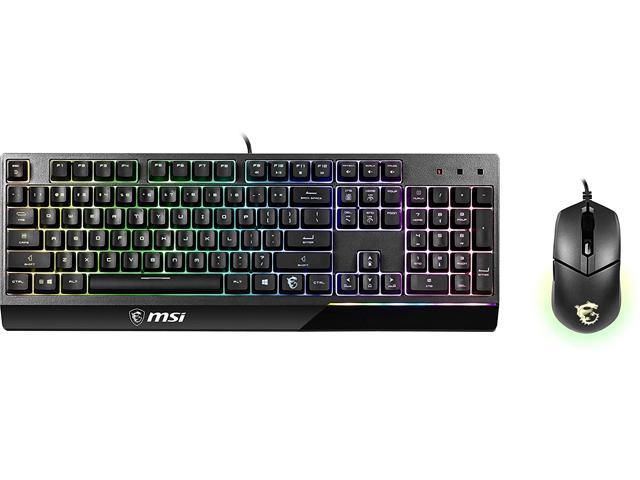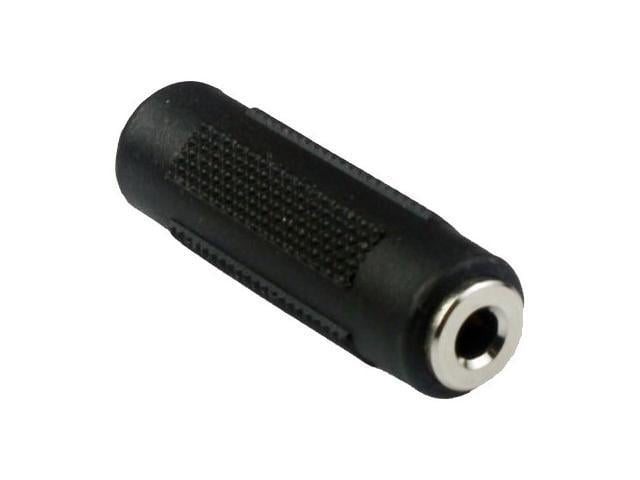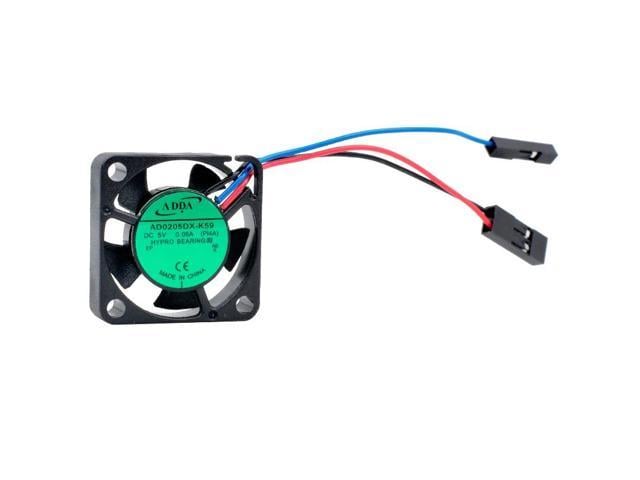The innate immune system represents a critical arm of the immune response by providing immediate and robust host defense; however, human studies of its function are often limited by ethical, logistical, and technical obstacles. InMouse Models of Innate Immunity: Methods and Protocols, experts in the field explore the design and execution of experiments used to thoroughly evaluate critical elements associated with the host innate immune response. The volume opens with methods that are essential for collecting and assessing various primary cells that are highly relevant to innate immunity, and it continues with in vivo protocols commonly used to evaluate the innate immune response in the mouse, including mouse models of respiratory infection, gastrointestinal inflammation, fungal and parasitic diseases, sepsis, and HIV-1 infection. Written in the highly successfulMethods in Molecular Biologyseries format, chapters include introductions to their respective topics, lists of the necessary materials and reagents, step-by-step, readily reproducible laboratory protocols, and tips on troubleshooting and avoiding known pitfalls.
Authoritative and easy to use,Mouse Models of Innate Immunity: Methods and Protocolswill serve the research community by providing expert advice and protocols that allow both experienced and novice investigators to successfully plan, implement, and assess disease processes associated with the innate immune response.





